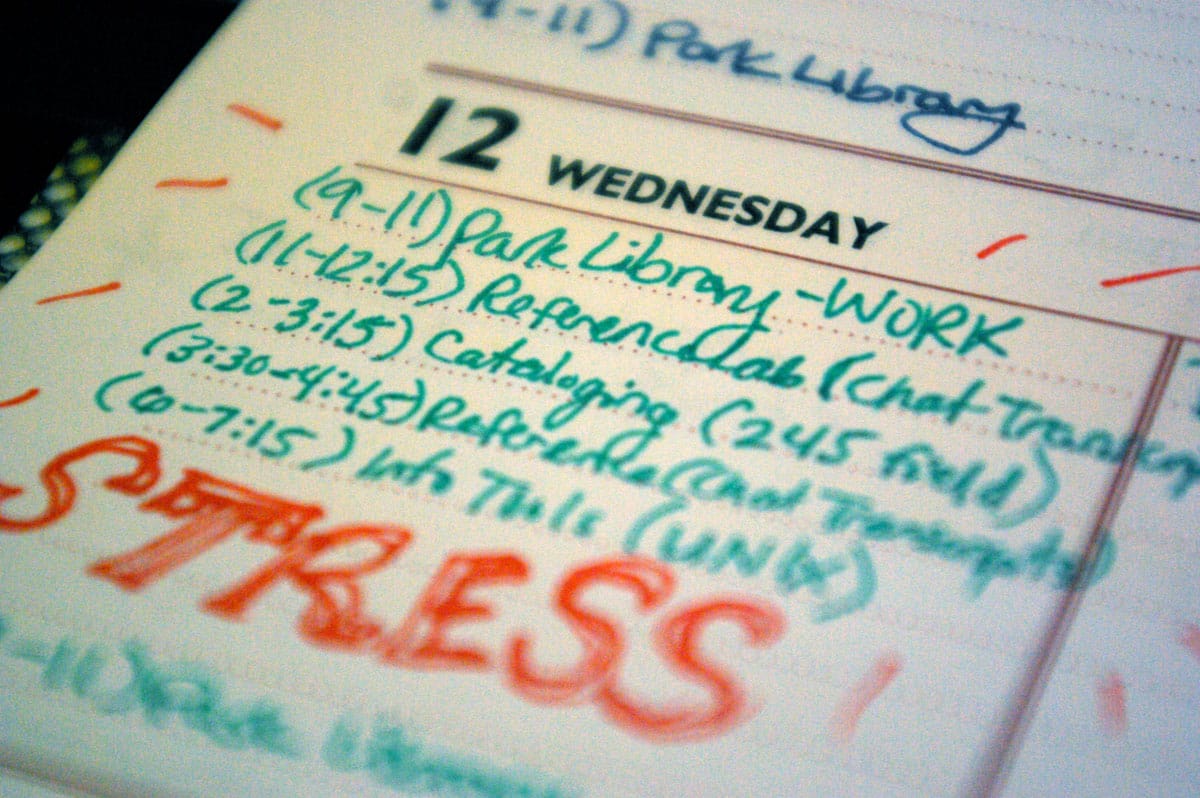Gyalwang Drukpa, the head of the Drukpa order of Tibetan Buddhism, knows what it’s like to be stressed out, and says nothing good comes of it.
My friends tell me how much stress they are going through because of the economy, business, family, and all sorts of things. Out of curiosity, I checked the dictionary for the modern scholars’ explanation of stress and found this definition, “Stress is the consequence of the failure to adapt to change.” I think, to a certain extent, they are right about this.
Stress is the result of inflexibility and nonacceptance. In other words, it is caused by strong attachments to certain things, to certain ways or outcomes, to expectations. When there is strong hope or expectation, there is also fear that this expectation will not come true, that things may not go according to your plan or your wishes. So stress comes.
I sat there all day, worrying and calculating. At the end of the day I realized I had done nothing all day except worry. Nothing was achieved and a day was wasted.
When my friends stop their daily practice and I ask them why, they tell me it is because they don’t have time. Some of them even tell me that I can’t understand. I’m not in business so I wouldn’t know what stress is. I laugh to myself when I hear this; if they knew how many people I have responsibility for, how many children I am feeding, and how many monasteries I take care of, they would know just how much I do understand. I remember when I was thinking about setting up schools for nuns, one in Ladakh and one in Nepal, I worried a great deal. I sat there all day, worrying and calculating. At the end of the day I realized I had done nothing all day except worry. Nothing was achieved and a day was wasted.
Being stressed is a waste of time and it kills our creativity and potential. Instead of spending all that time worrying, I encourage my friends to get back into their daily practice. When you feel stressed, you often feel stuck and indecisive, so a little time spent meditating and relaxing is of great benefit. You remind yourself of the meaning of impermanence, the preciousness of life. Even if external situations are going wrong, you can still be fearless and have the courage to be okay, to live a fruitful life and be flexible. You can be genuinely happy because this happiness comes from your inner guru and doesn’t depend on external circumstances to be a certain, fixed way.
I always hope that my friends and students will pick up their path and practices again; it is the backbone of life and happiness. Without this understanding, it is easy to be overwhelmed by the ups and downs of life, but with this grounding, we can take a lighter step and get less caught up in these debilitating feelings.
From “Everyday Enlightenment,” published by Riverhead Books.
